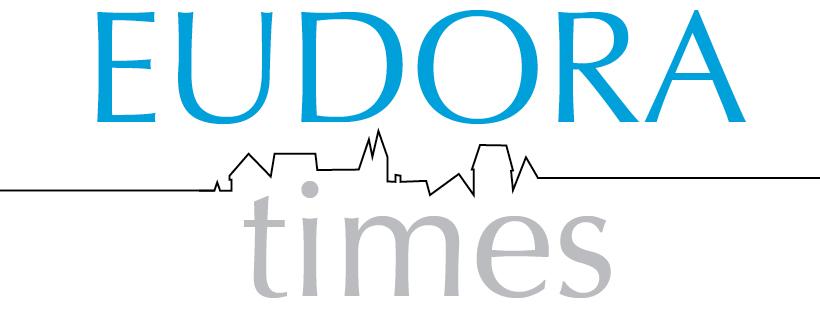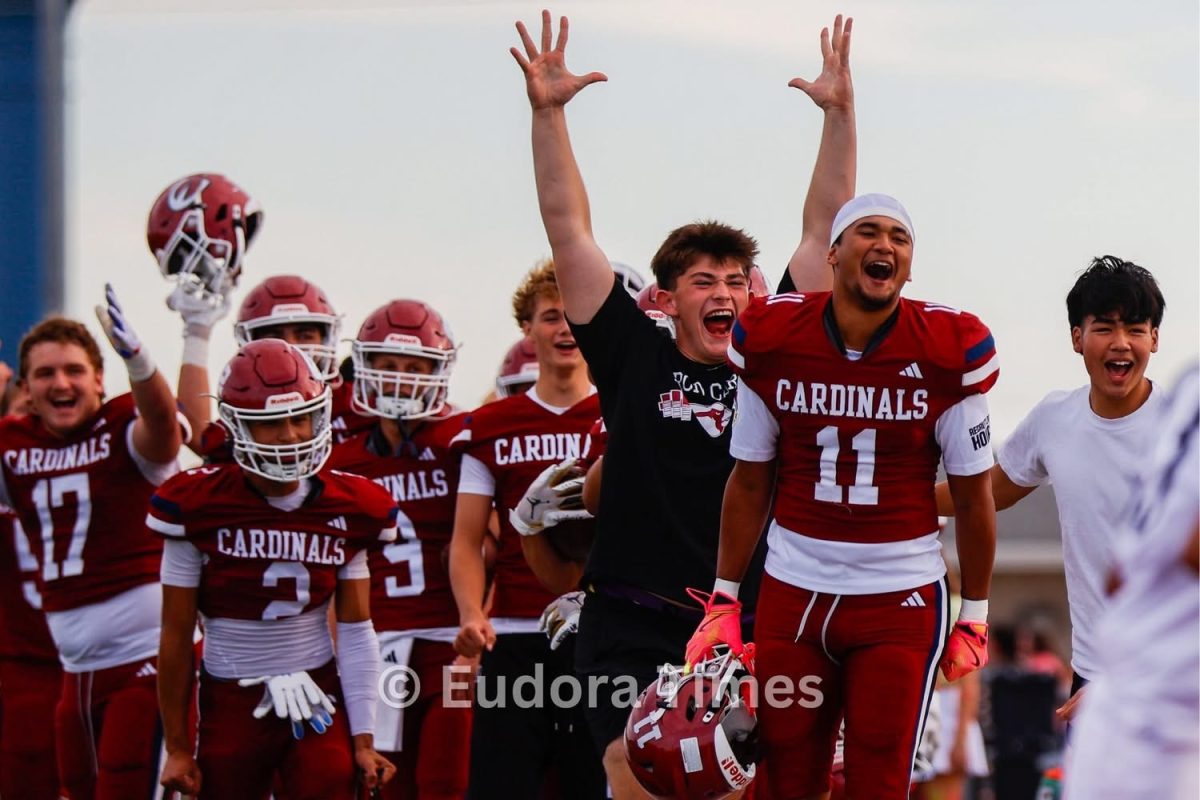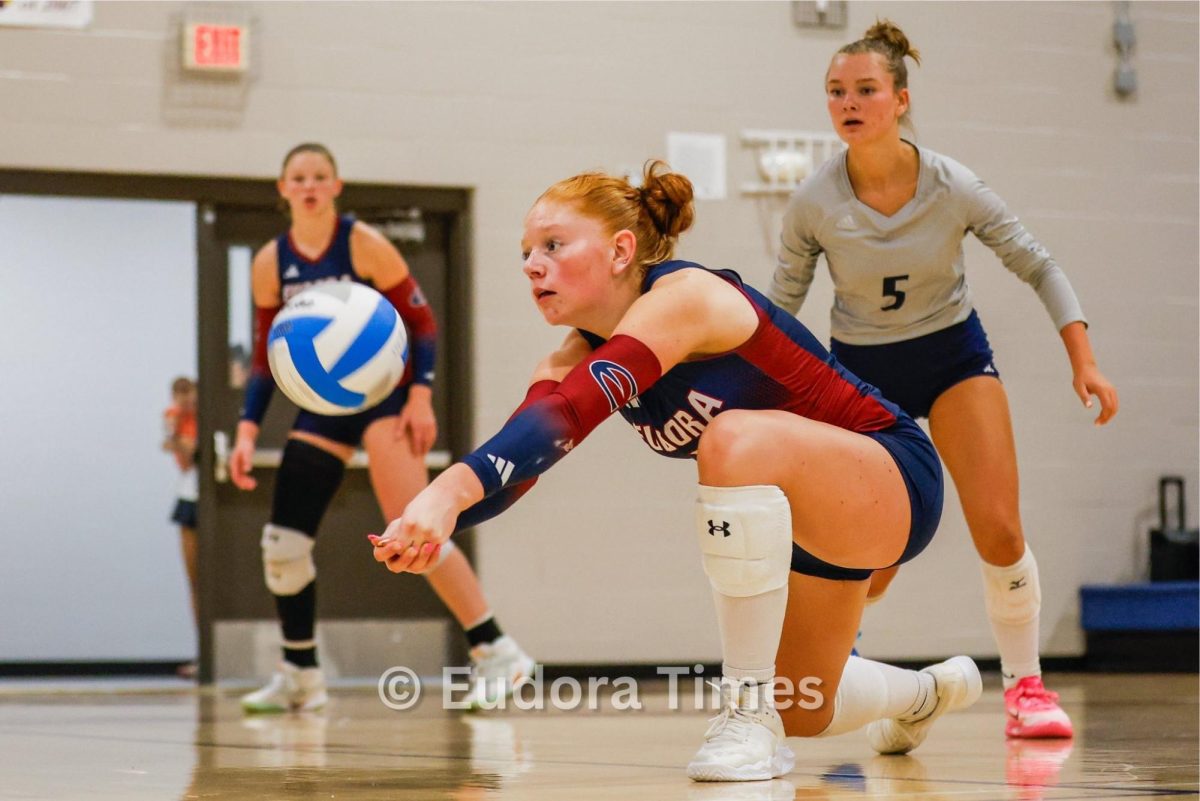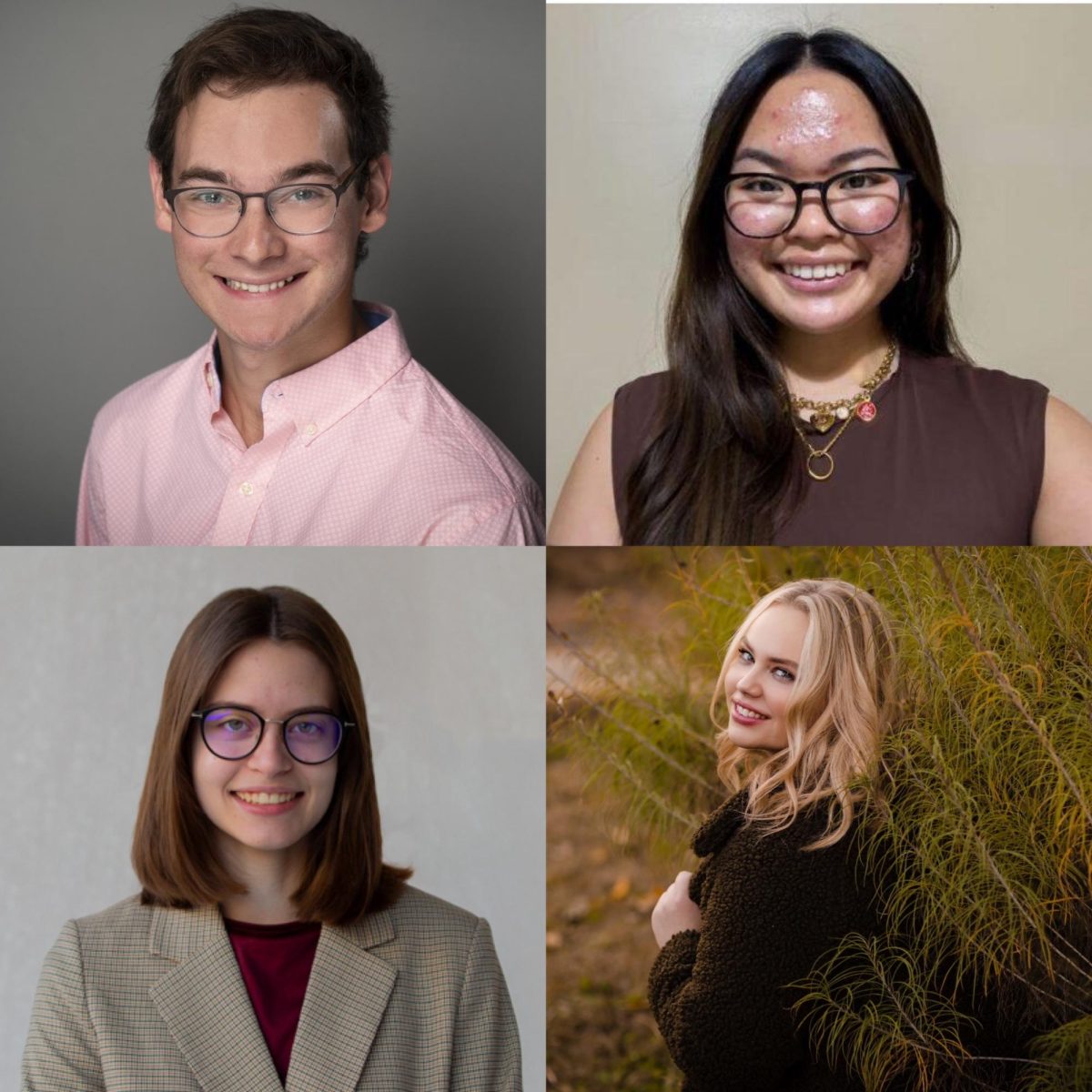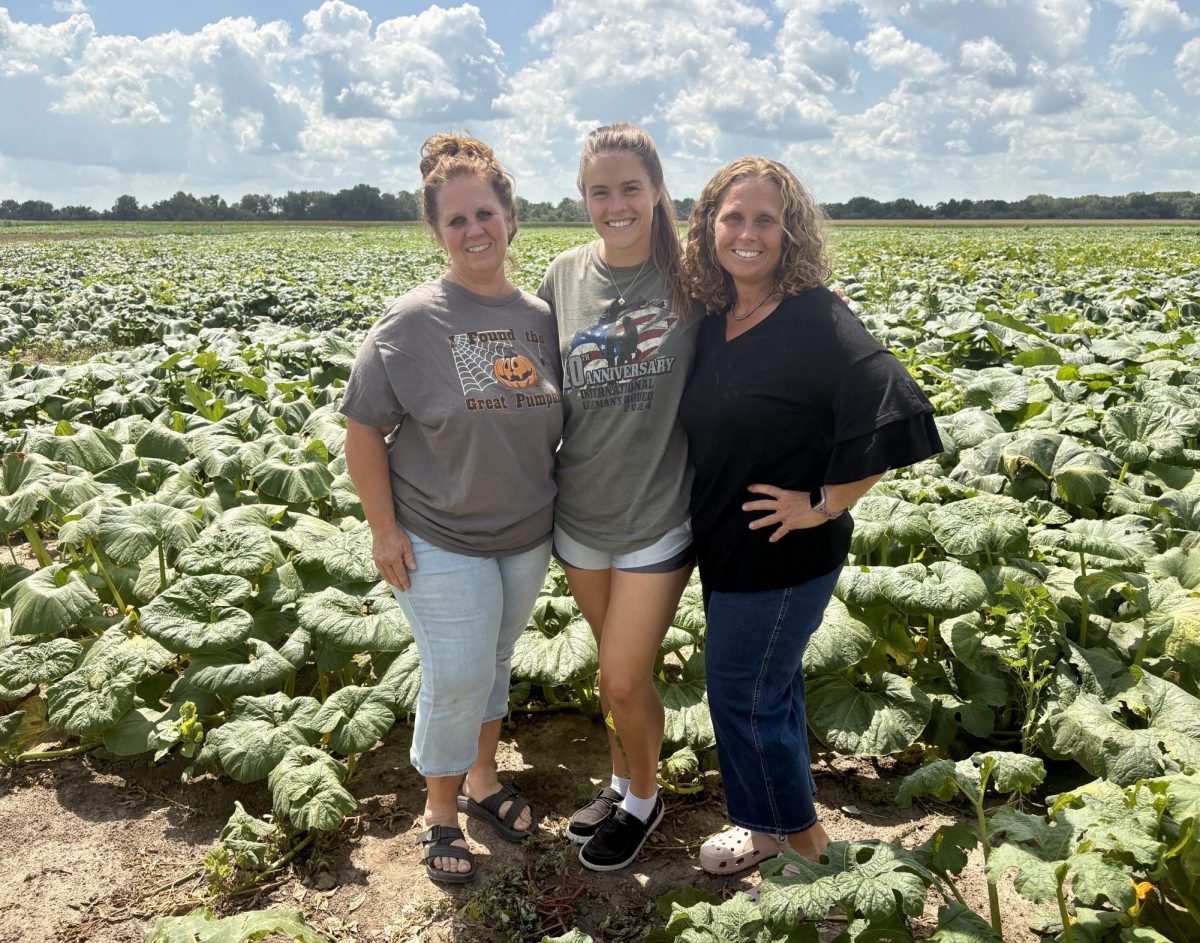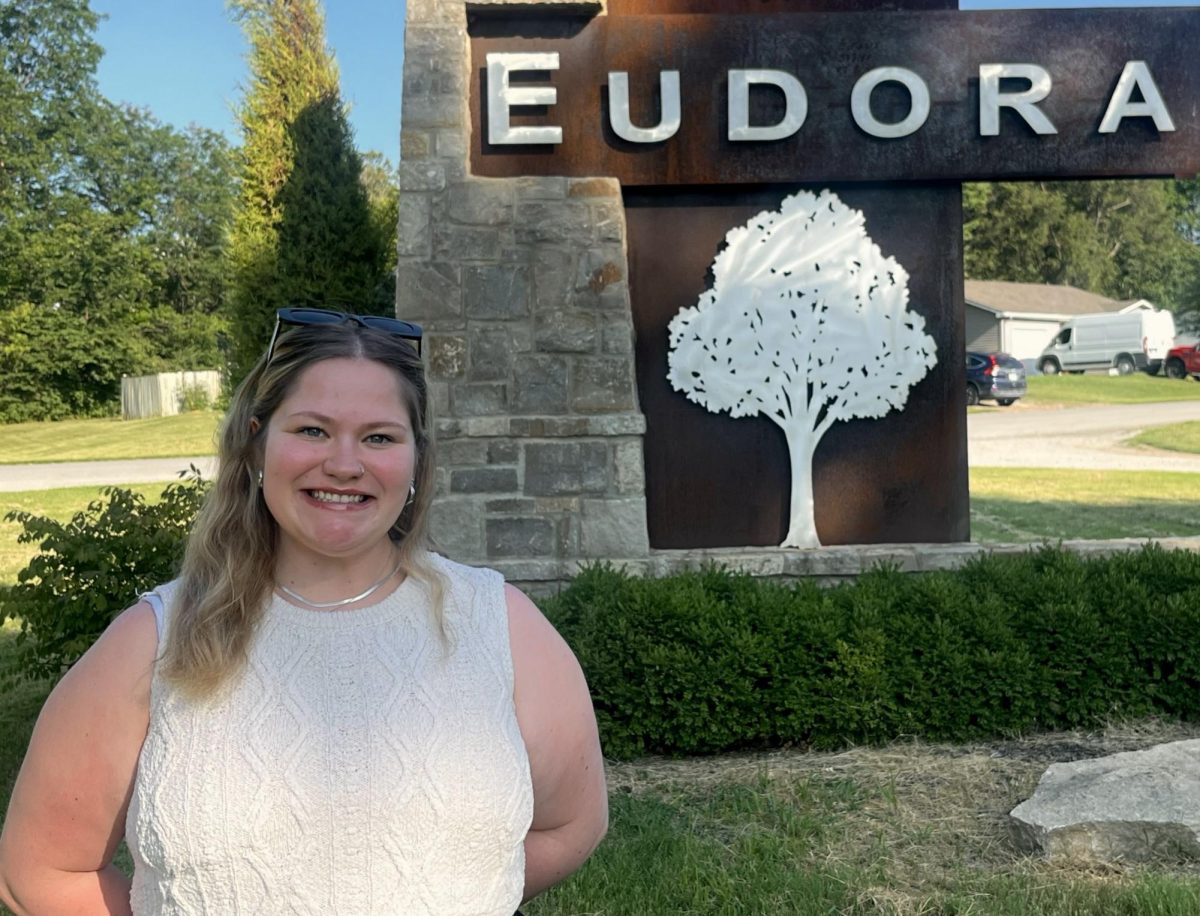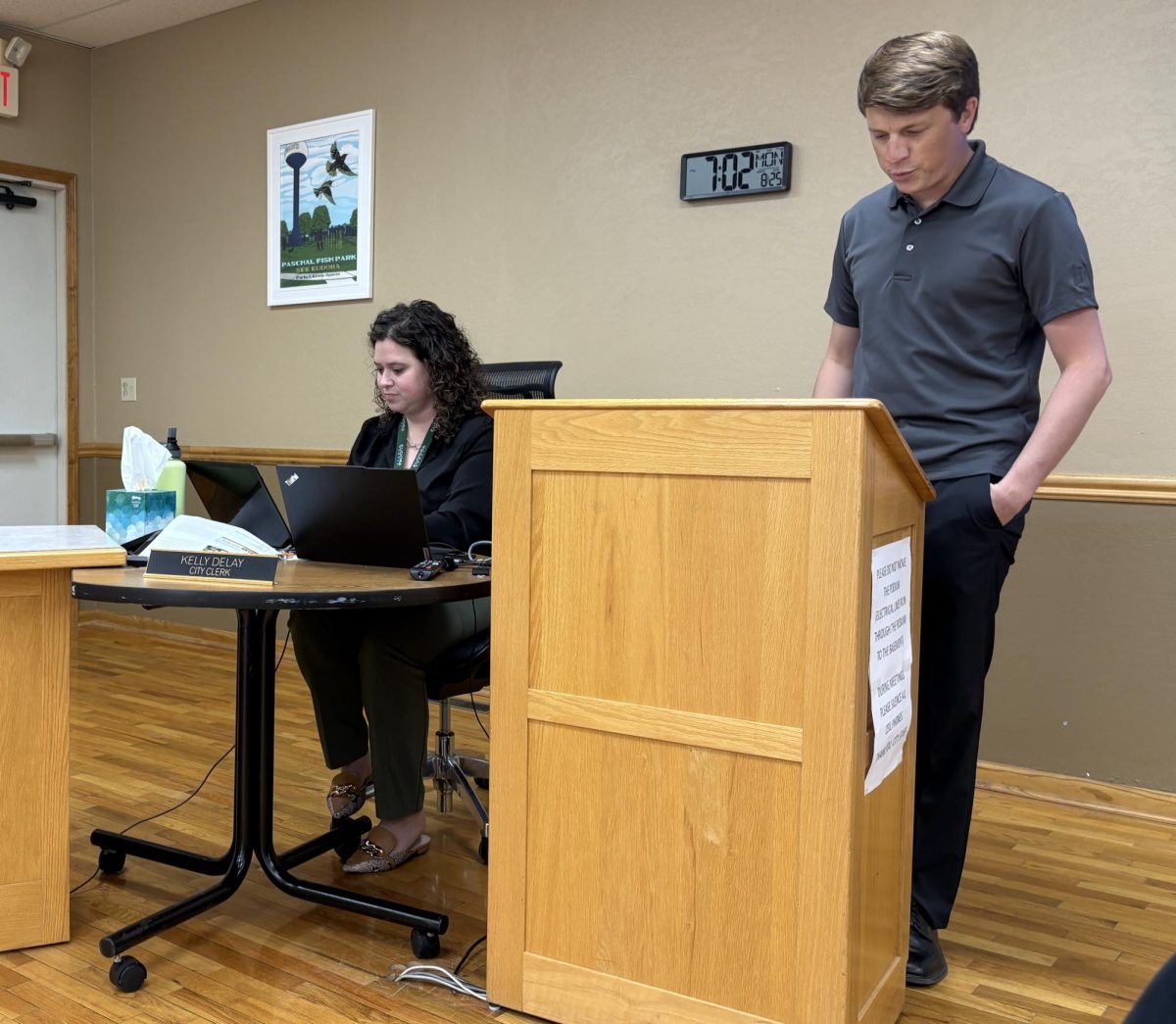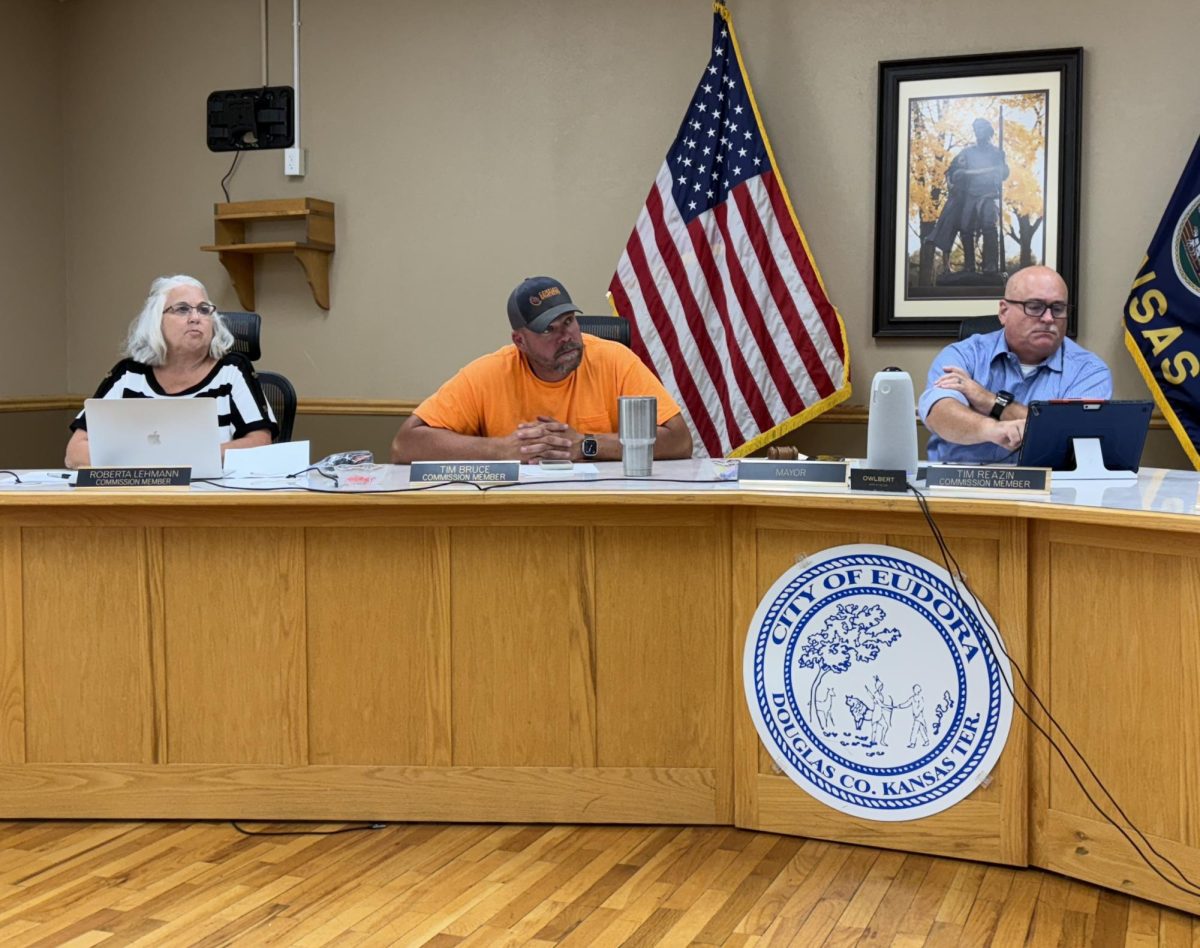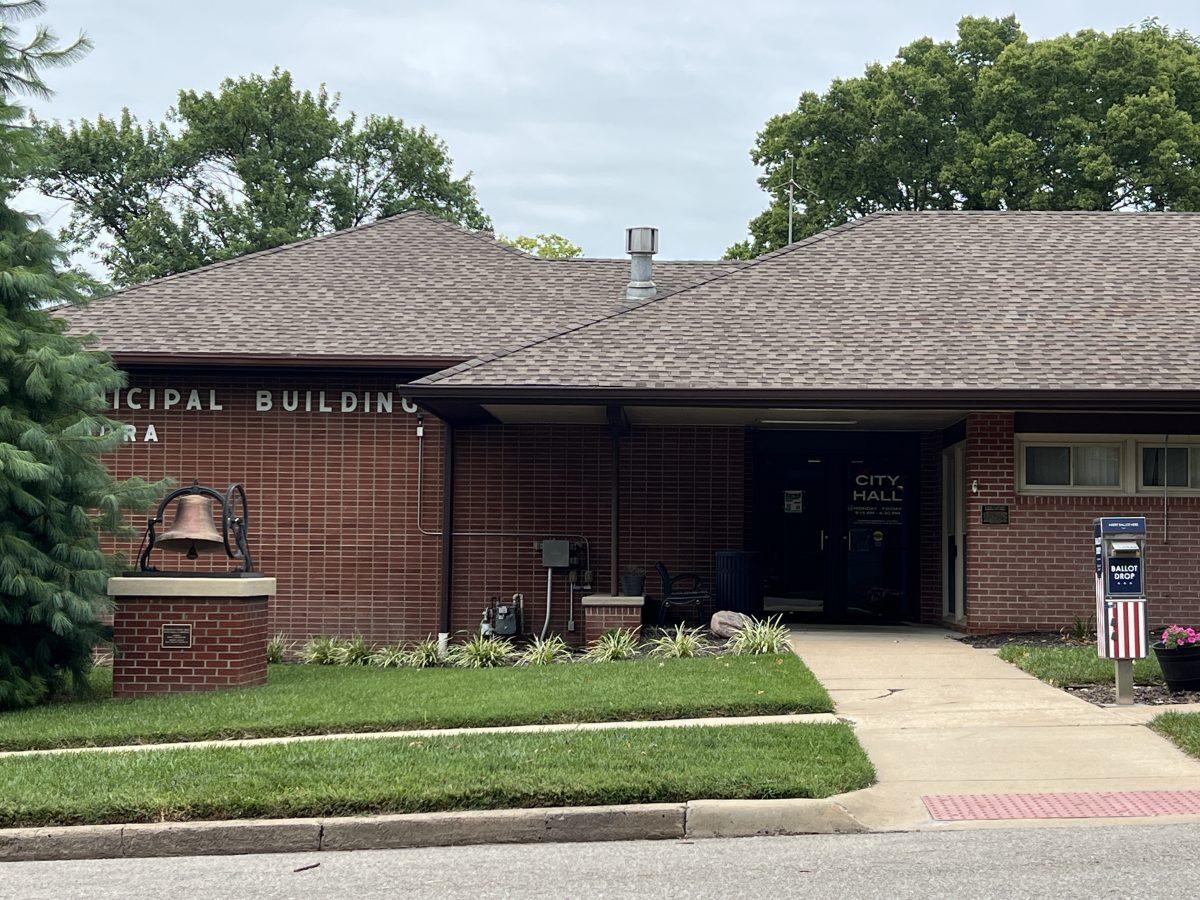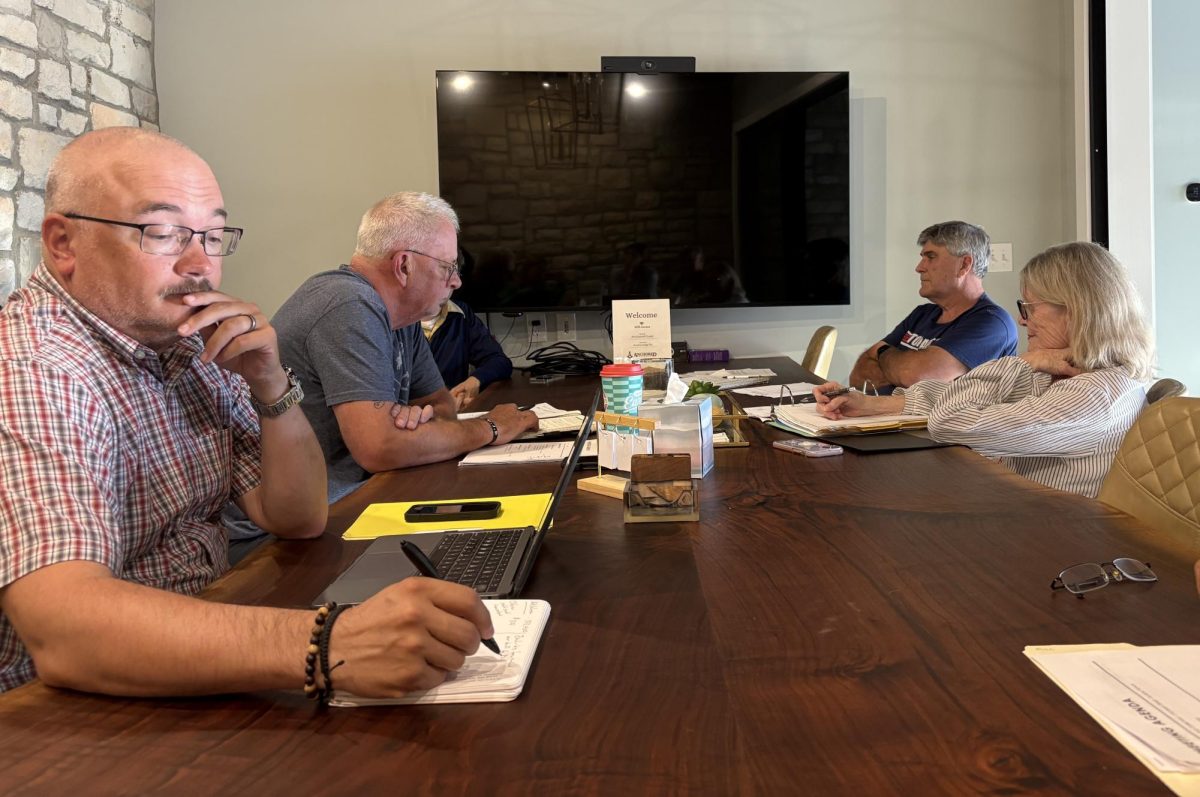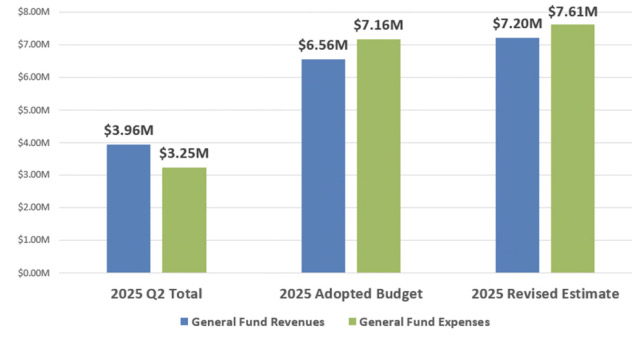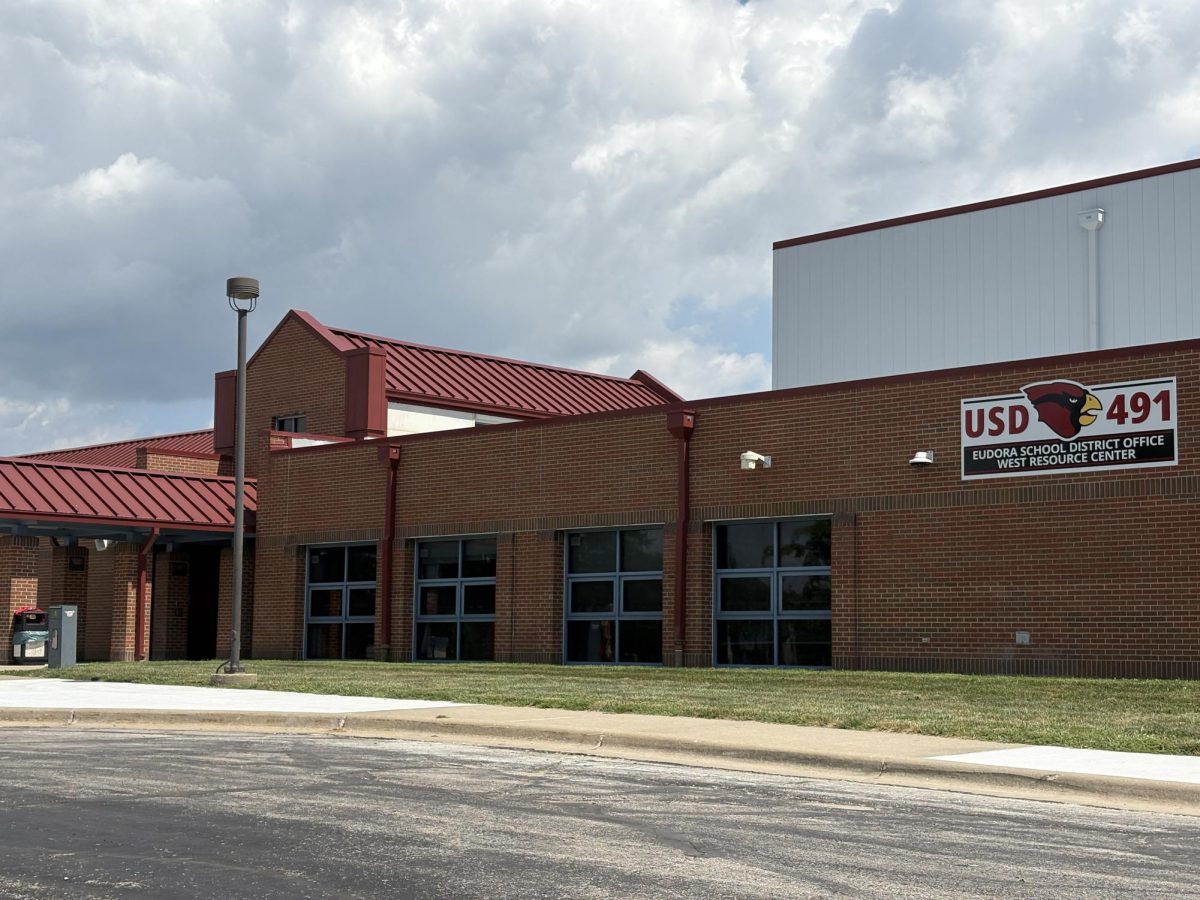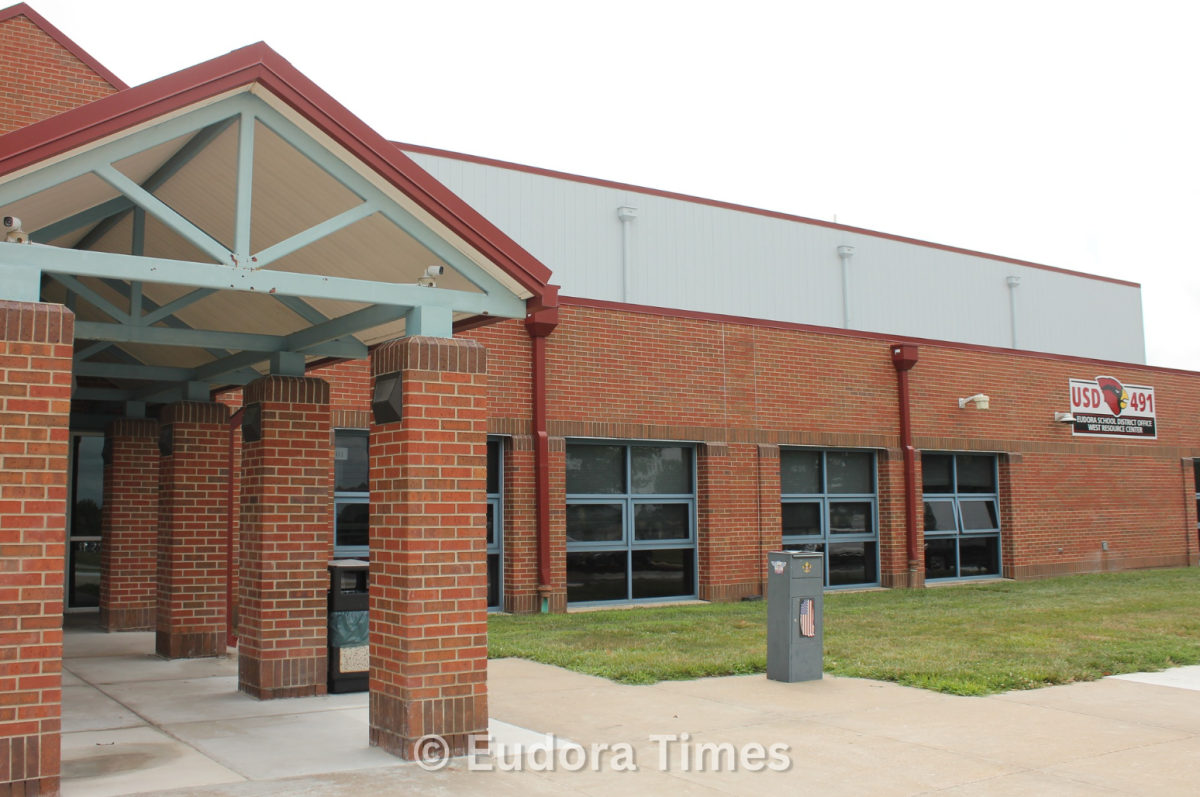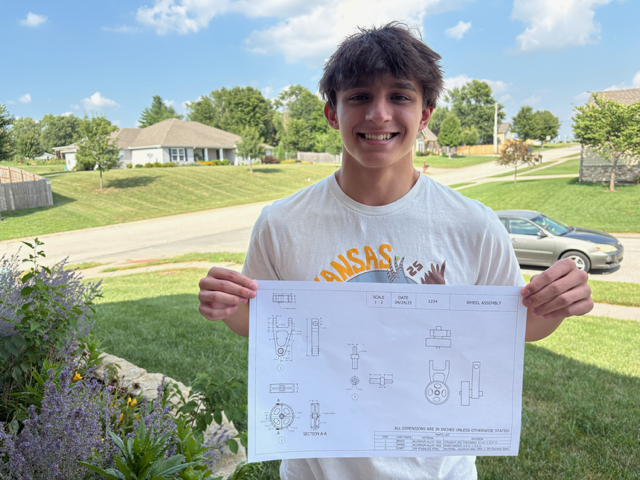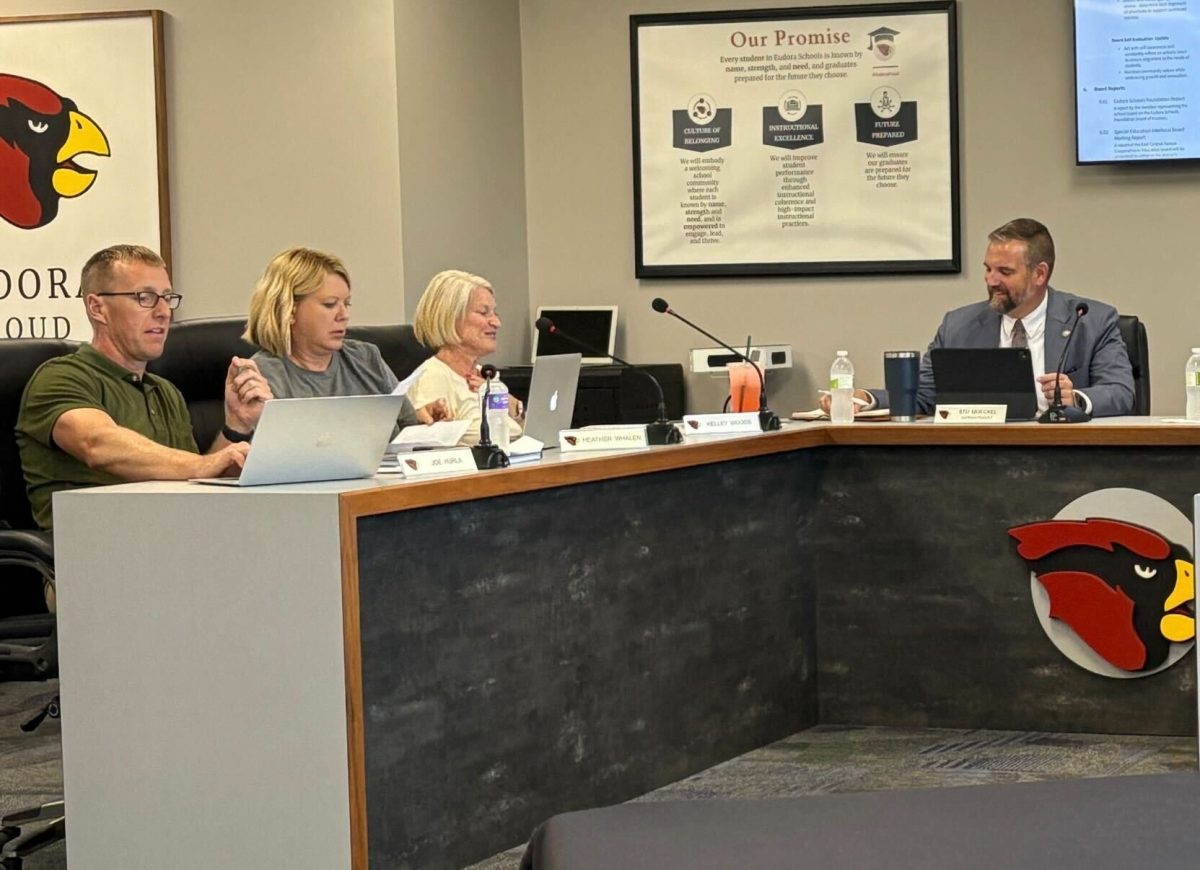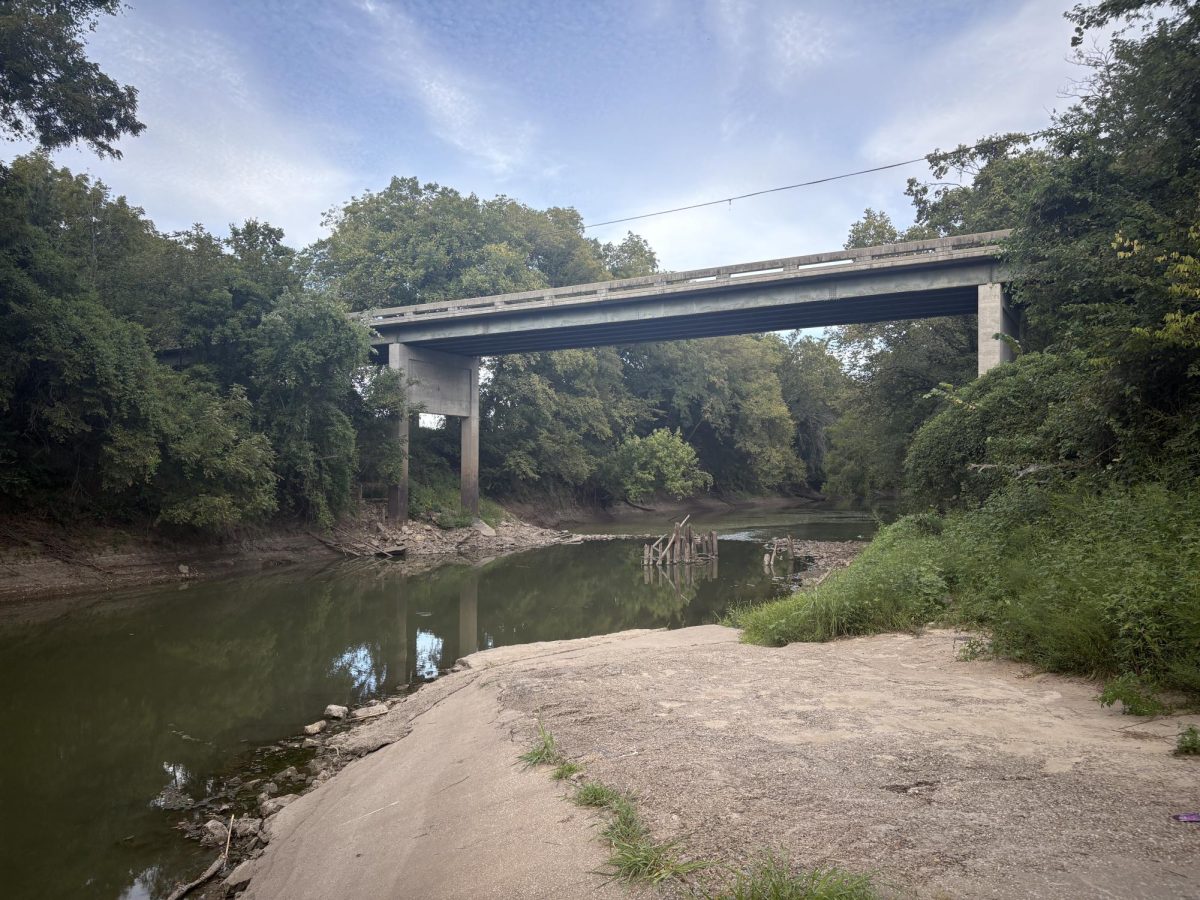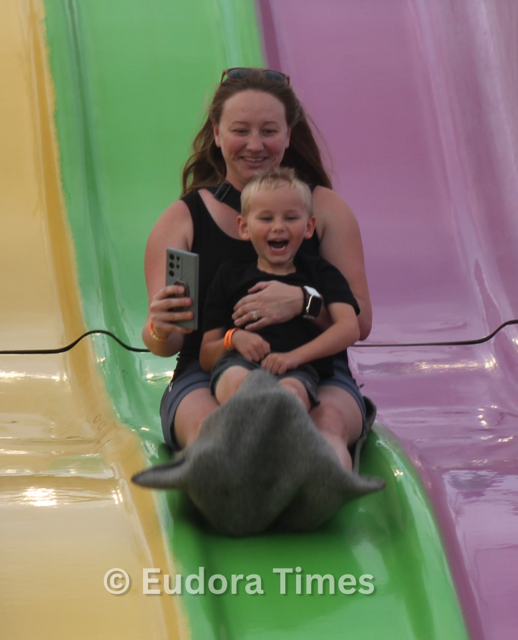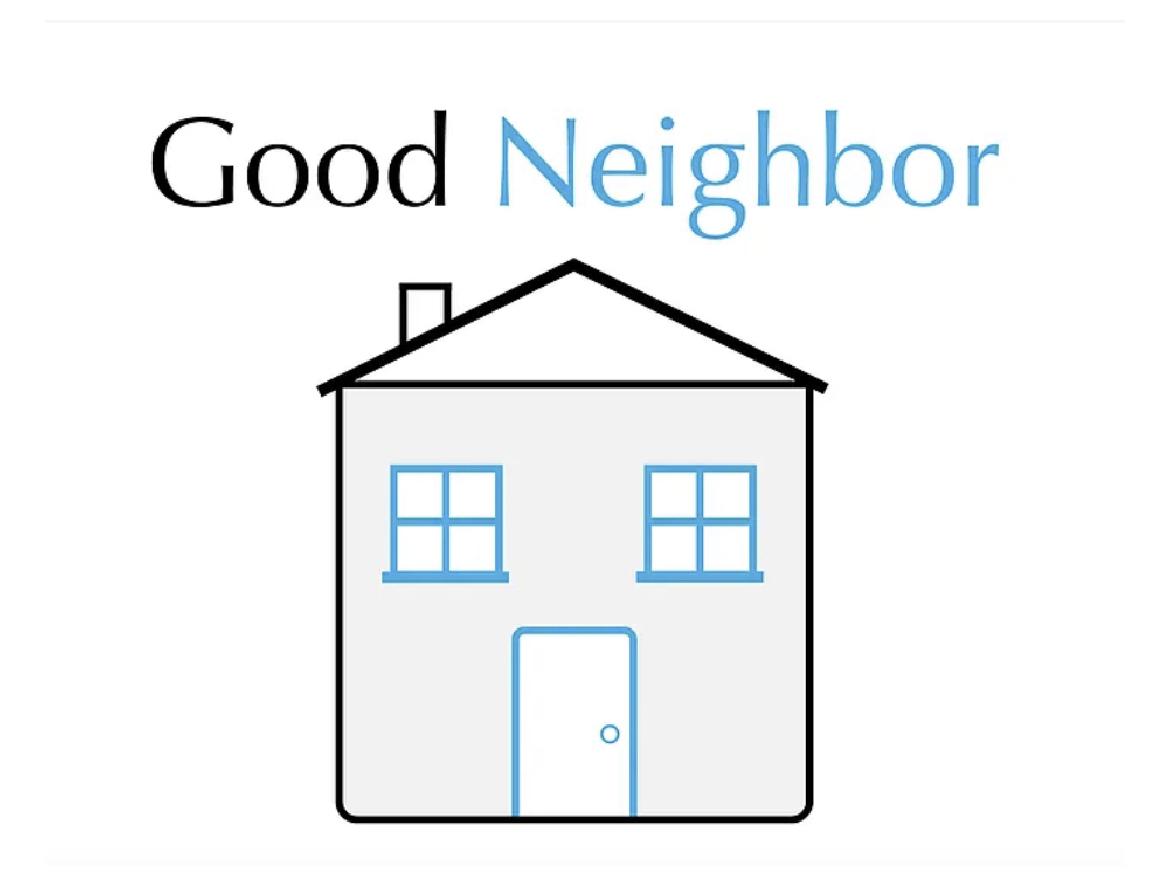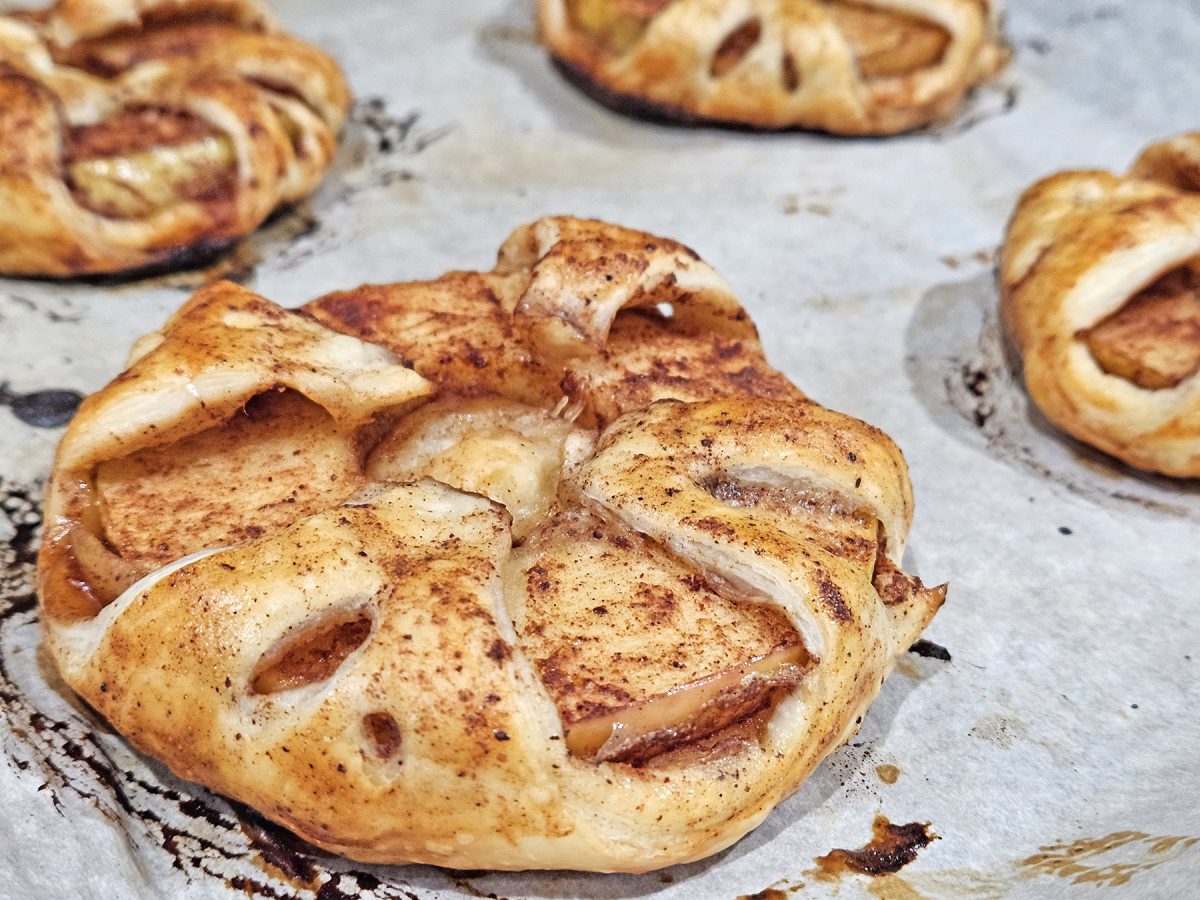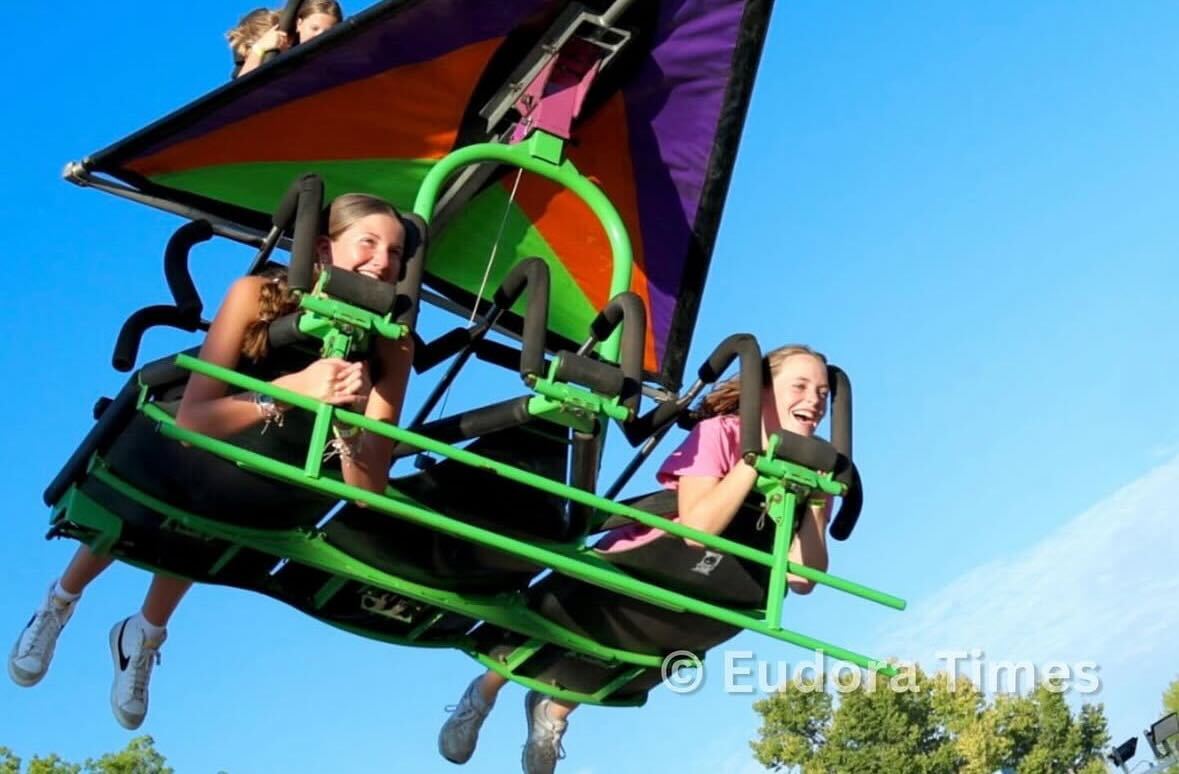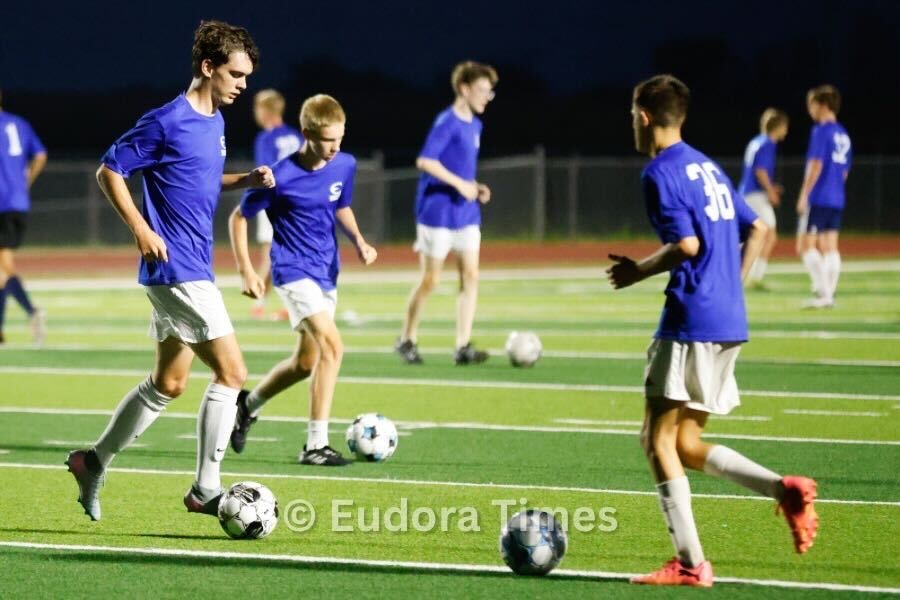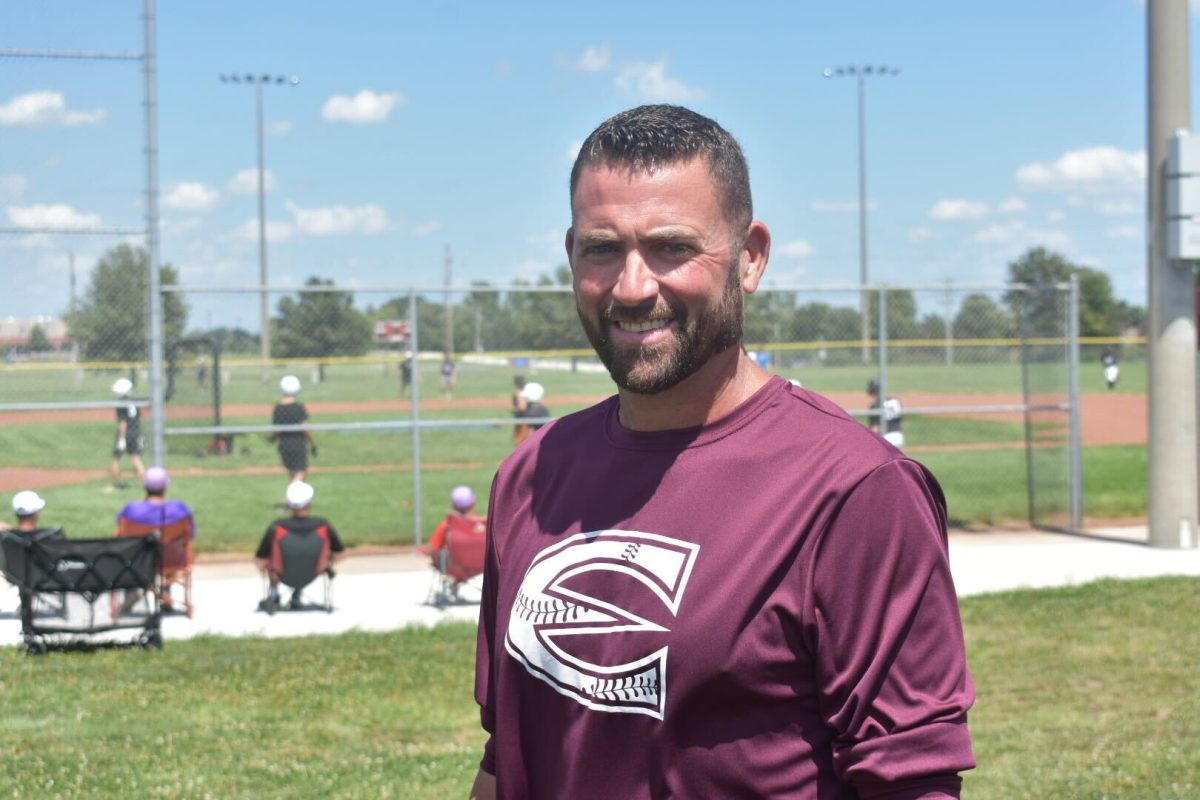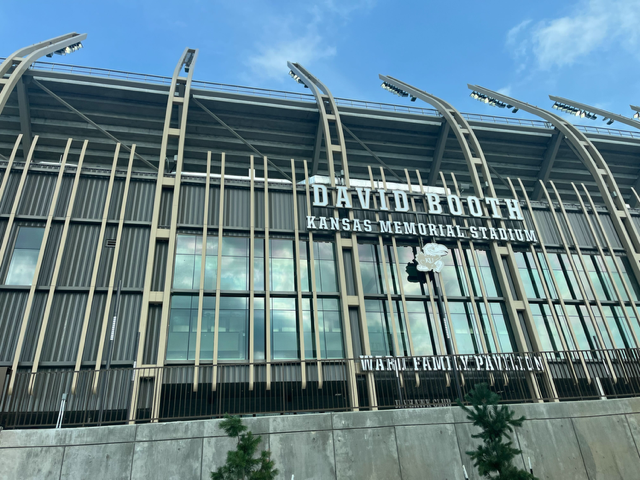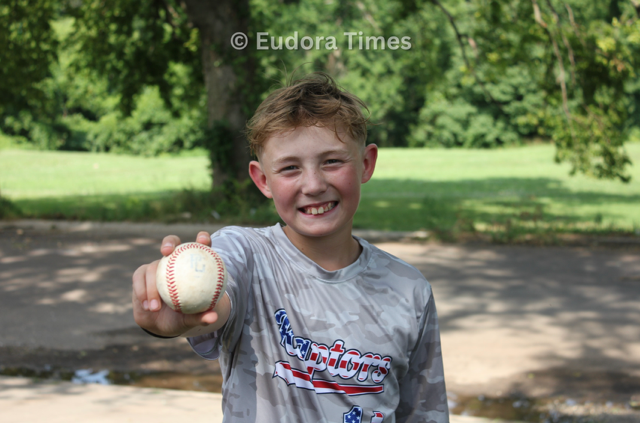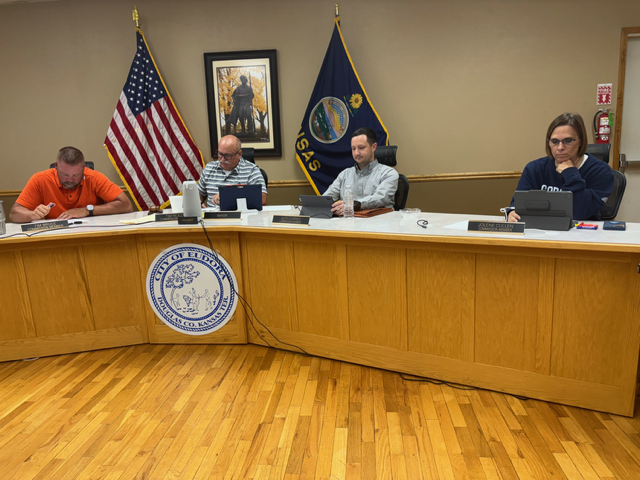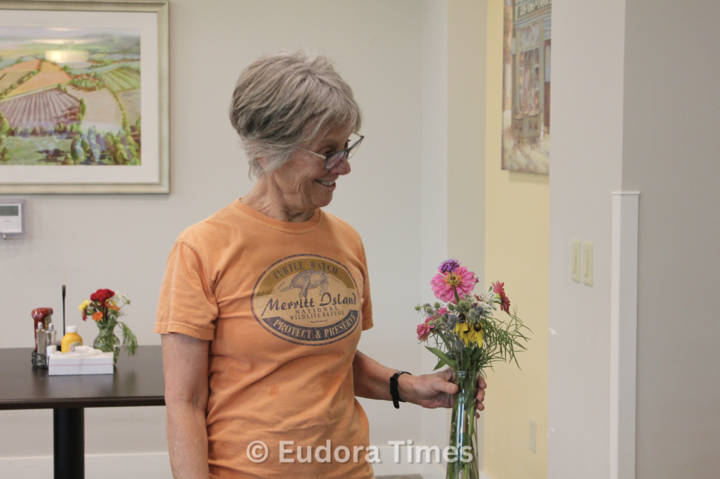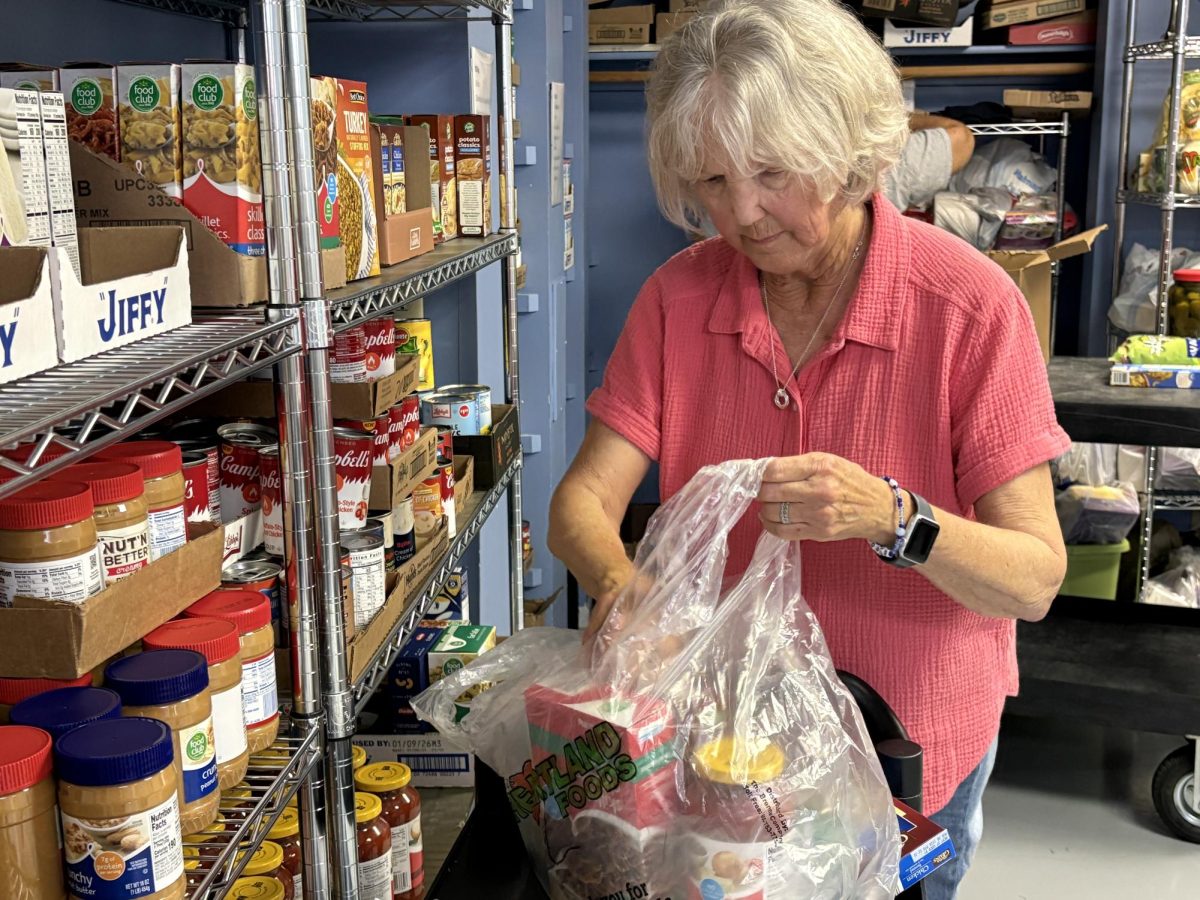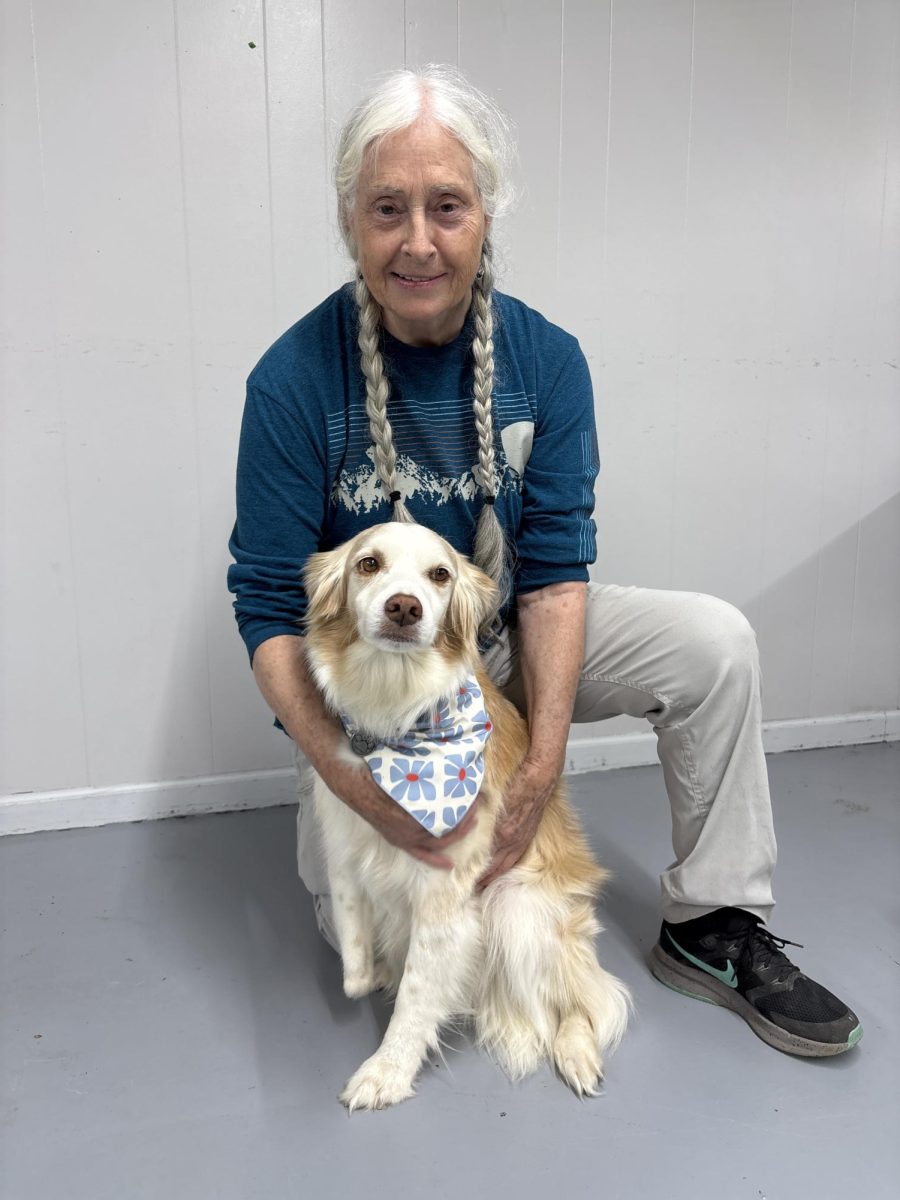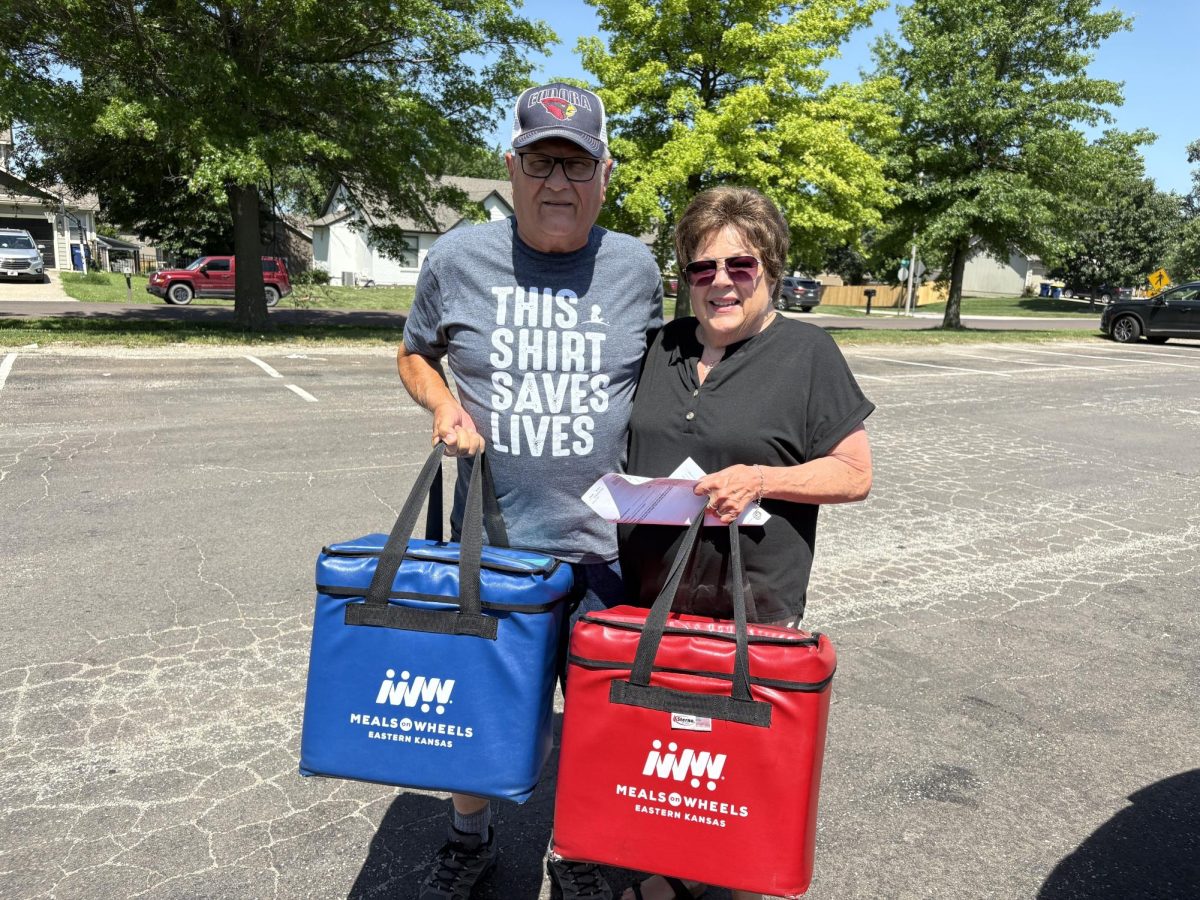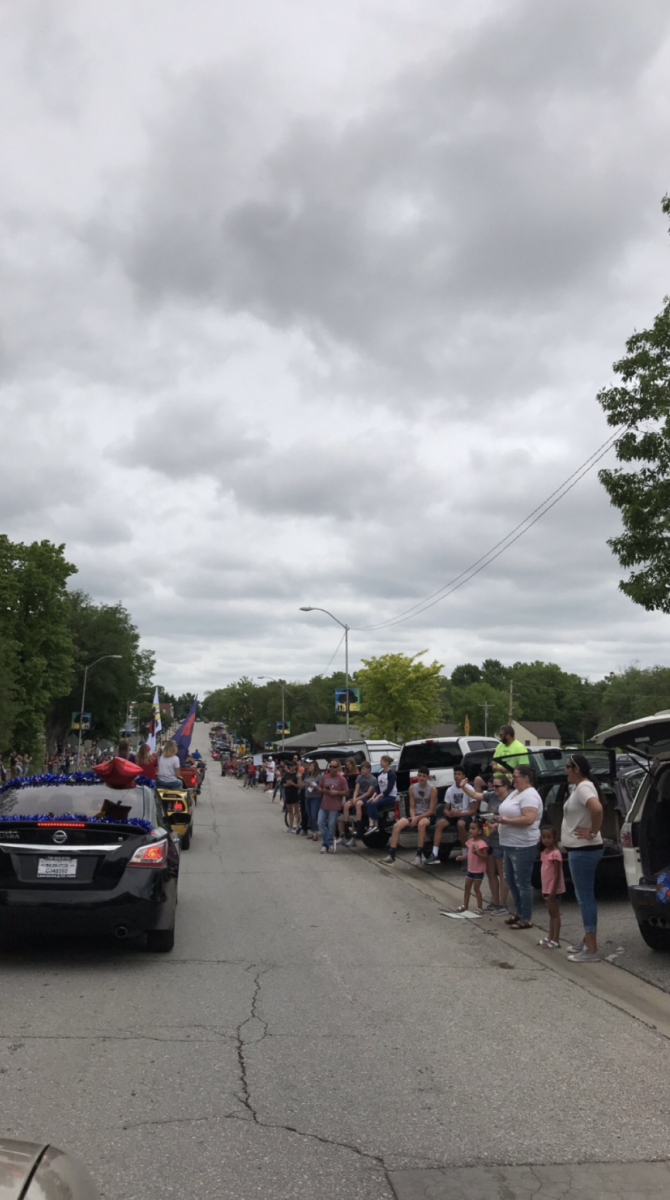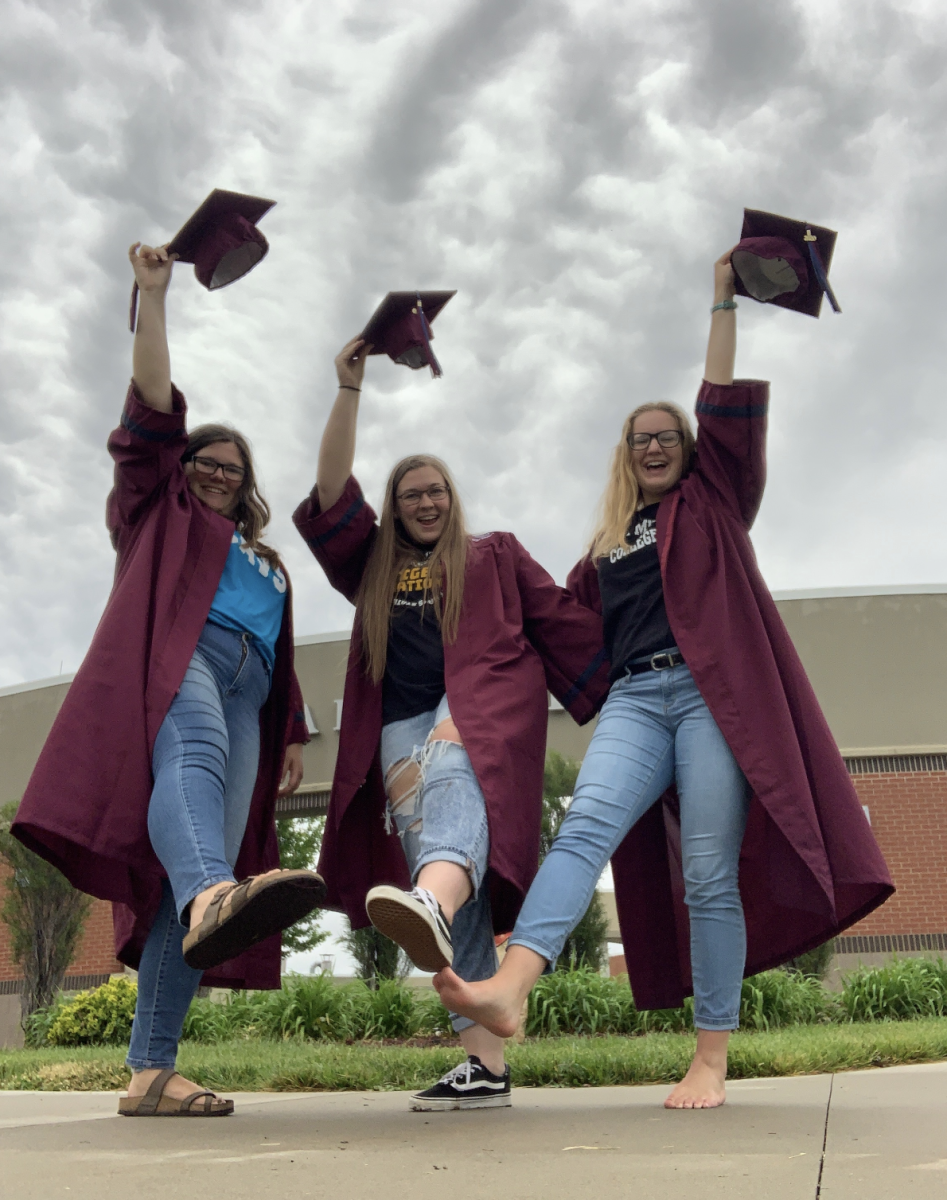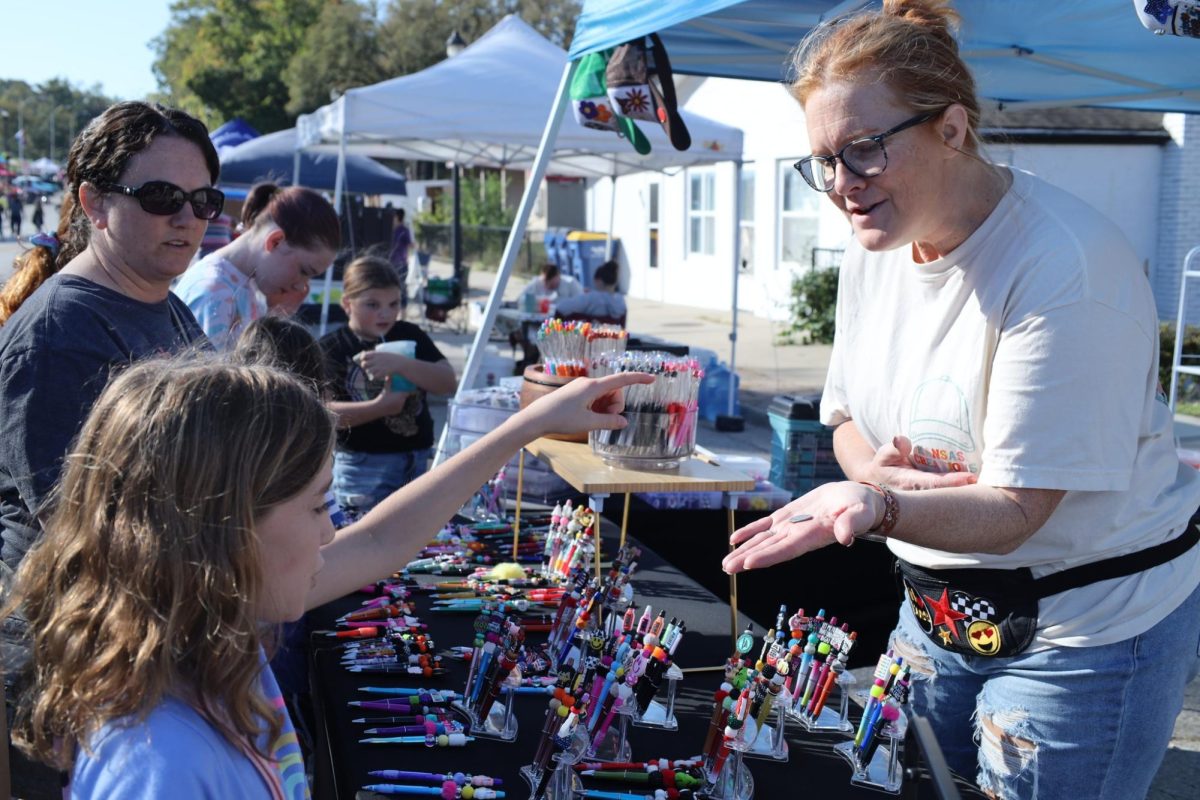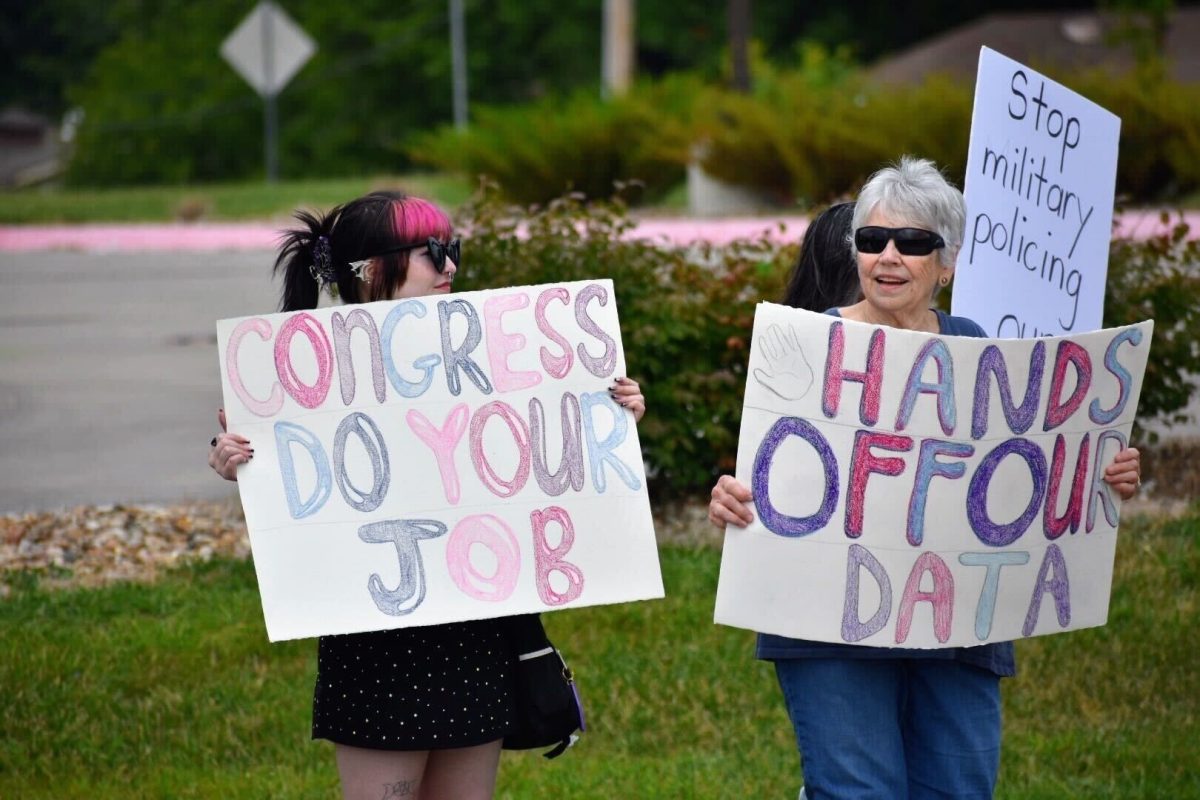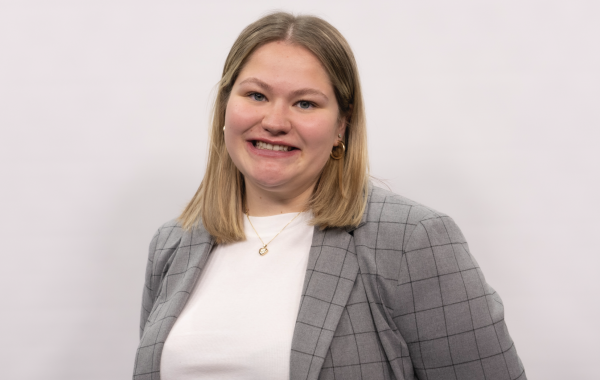This is the first story in a five-part series examining the fifth anniversary of the COVID-19 pandemic and its impacts on the lives of area residents. Effects on students, education, athletes, local businesses and public health will be featured.
It started with an early dismissal from soccer practice. In the weeks to come, Maddie Underwood found her entire senior year upended with missed soccer games, an abnormal graduation, no senior trip and no other right-of-passage experiences.
She and the other seniors from Eudora’s class of 2020 had a unique set of situations when their final year of high school was cut short because of the pandemic.
Students experienced different challenges, but many shared increased anxiety and depression, missing out on their senior sports season, needing to transfer colleges and problems making friends in their first year of college.
Eudora’s commitment to banding together during a hard time was a positive in otherwise difficult times, students agreed. Many of the students still remember where they were when the announcement of virtual classes happened.
Members of the class of 2020 shared their memories of where they were and how they felt when they heard the news that spring wasn’t just extended — school was permanently online.
“No other class was affected quite like the senior class was”
During spring break, Underwood got a call from the school and shortly after that it seemed like the whole city shut down, she said.
She started to get emails about how school would be converted to virtual classes, something she was already wary of as someone who learns best with hands-on experiences, she said. It was also harder to get in touch with teachers to set up time for questions and help, she said.
Meanwhile she didn’t see much family or many friends, something that was hard to adjust to, especially with how tight-knit Eudora is, she said.
She never knew the last soccer game she played as a junior would be the last game of her career.
“I played soccer my whole life, so I know that was kind of hard to deal with,” she said.
Underwood saw big changes in her mental health when the pandemic started. Feeling more isolated on top of working as a CNA and stressing over not spreading the illness to others were all adding to her frightened anxiety, she said. She started to feel more effects of depression.
Her first year of college at Fort Hays State was also far from normal, too, she said. It was characterized by online classes and not being able to make friends in her new city.
A lot of the firsts of college were things her high school graduating class missed out on, too, she said.
But looking back, because of the pandemic, she was able to cherish the opportunities she did have and remember that tomorrow is never promised, she said.
“I know, personally, I try not to dwell on the negatives, just because life is so much bigger than that,” she said.
Keagan Shockley, also a high school athlete, remembers her track season being cut short.
The more days that passed, the longer that school’s reopening was pushed back, she said.
“It was easily probably the saddest month of my life,” Shockley said.
There was a lot of unknown in the early days, and it was terrifying, she said. She’d talk to friends from her front door as they stood outside on the sidewalk. The senior class met in the parking lot with their cars in a circle just to have one semblance of normalcy, she said.
Missing out on a normal prom, graduation and the senior trip to Branson was another layer of disappointment.
“It was just devastating. I can just remember it feeling so unfair, like I can remember, like, looking at my calendar, and I had already written down the days that we had left until graduation, and you look forward to that K through 12,” she said.
It was hard for teachers to get a handle on flipping classes to Zoom, as well. It also put things into perspective for her, she said.
“I felt like we were all so consumed with what was going on in the world that, honestly, I don’t even really remember finishing online,” she said.
Some positivity did come from her senior year, though,Shockley said.
When the class did get together, it felt like people she wasn’t close with before had become more tight-knit. Shared struggles and disappointments brought them together like a true family, Shockley said.
“I feel like no other – I know that other classes were affected and stuff – but I feel like no other class was affected quite like the senior class was that year,” she said.
Her class did do a parade at the end of the year and eventually had an outdoor graduation, which she is thankful for, she said.
After that initial lockdown period, she knew she’d never take another in-person school day for granted again.
She went on to play college volleyball at Pittsburg State, but her first season was canceled. She eventually transferred to St. Mary and played there. Due to the pandemic, she felt more isolated and homesick, so her transfer was partly related to COVID-19.
Thinking back to that spring five years ago, Shockley said she can see how much she’s grown and changed since then. The lockdown period was hard on her mental health, and she can see the improvement getting to know more people has had, too.
The pandemic brought on dissociation and other anxiety, she said. She felt detached from her body, like she was watching her life from outside a glass wall.
She decided she wanted to get a handle on these symptoms and has been seeing the same therapist for five years.
After graduation, she went on to be a nurse. She said it’s been a full circle moment seeing how far things have come since the start of the pandemic.
Nursing school was far from “normal” though she said. There were extra precautions during her clinicals to make sure no illness was spread to the patients at Children’s Mercy.
Being able to just have classes in-person, even in a mask, was something that helped.
“It just still feels like just yesterday, and like I just appreciate all the light that was shed on the class of 2020, but I feel like every single class, whether you were a freshman or a senior, it just sucked. Some people spent the rest of their high school in a mask and social distancing,” she said.
Shockley is glad to have had a mostly normal high school and college experience.
Christopher Huslig may have snuck in some Xbox sessions throughout the long period of virtual classes.
He considers himself to be a people person, so connecting to classmates over Zoom left him bored throughout an eight-hour school day, he said.
“First of all, I was a 17-year-old boy sitting in my bedroom with my Xbox right there. You’re crazy to think I didn’t grab that controller and play in class,” he said.
For the record, though, he also did pay attention in class when he needed to, Huslig said. However, it was significantly harder, especially because it was more difficult to ask questions about confusing topics.
Disc golf also got him through the pandemic, he said.
Huslig went on to play football at St. Mary in Leavenworth, but academics continued to be a struggle with everything being taught on a computer screen, he said.
His grades shot up when he got back into the classroom, and Huslig graduated with a digital communications degree.
He has since started working at a TV station in Peoria, Illinois.
Looking back at that time is bittersweet for the class of 2020. It gave him a newfound appreciation for being around people and getting to enjoy disc golf.
Most classes know when their time in high school is coming to an end, but the class of 2020 woke up one day and found out they’d never go back to a normal day of high school again, he said.
Every moment spent with friends and in-person classes during college felt extra special as a result, he said.
“It’s like a family almost”
The community support in Eudora is what Alyssa Beckham remembers most about the pandemic, she said.
“I don’t live there anymore, but how tight-knit, and how it’s like a family almost, and how they wanted us to still have the same experience as everyone else, even though we couldn’t,” she said.
Parents pitched in to plan a “prom,” and graduation, although different, was something she felt lucky to have.
Of course the pandemic also had its downfalls, she said. She was the softball manager, but the season was called off. Senior night for her other sports was a highlight she had looked forward to all of high school.
The team ended up putting a game together later in the year to at least get everyone together, she said. Being able to give seniors a sendoff was something she was grateful for.
“I feel like the community worked really hard to try and give us those things in a way. I mean, it obviously wasn’t the same that everyone else got, but I will say, like, with our small-town activity. everyone was really amazing and supportive those times, so it wasn’t as hard or awful as just like having completely nothing,” she said.
Initially she felt shock and disbelief when learning of all the closures.
After high school, Beckham went to Wichita State University. She’d been looking forward to her freshman year of college for her whole life, but school was completely online.
She felt like paying the significant tuition wasn’t worth it to only have virtual classrooms, she said. She transferred to Johnson County.
“I’m definitely not where I thought I would be. But I honestly think in the long term, things like looking back, I’m better off because of it. I was able to go through that headspace, like mentally, and be able to overcome it and come out stronger,” she said.
She got her associate degree and became a licensed practical nurse. She works at a hospital in western Kansas.
The pandemic had another highlight for Beckham. She met friends through friends who attended a less locked-down college and ultimately found her now fiance.
Although the pandemic changed her college plans, when she looks back she knows it all happened for a reason, she said.
“Everyone handles it differently, but I think something that should be noted is how well our community banded together to help us seniors not miss out on so much,” she said.
